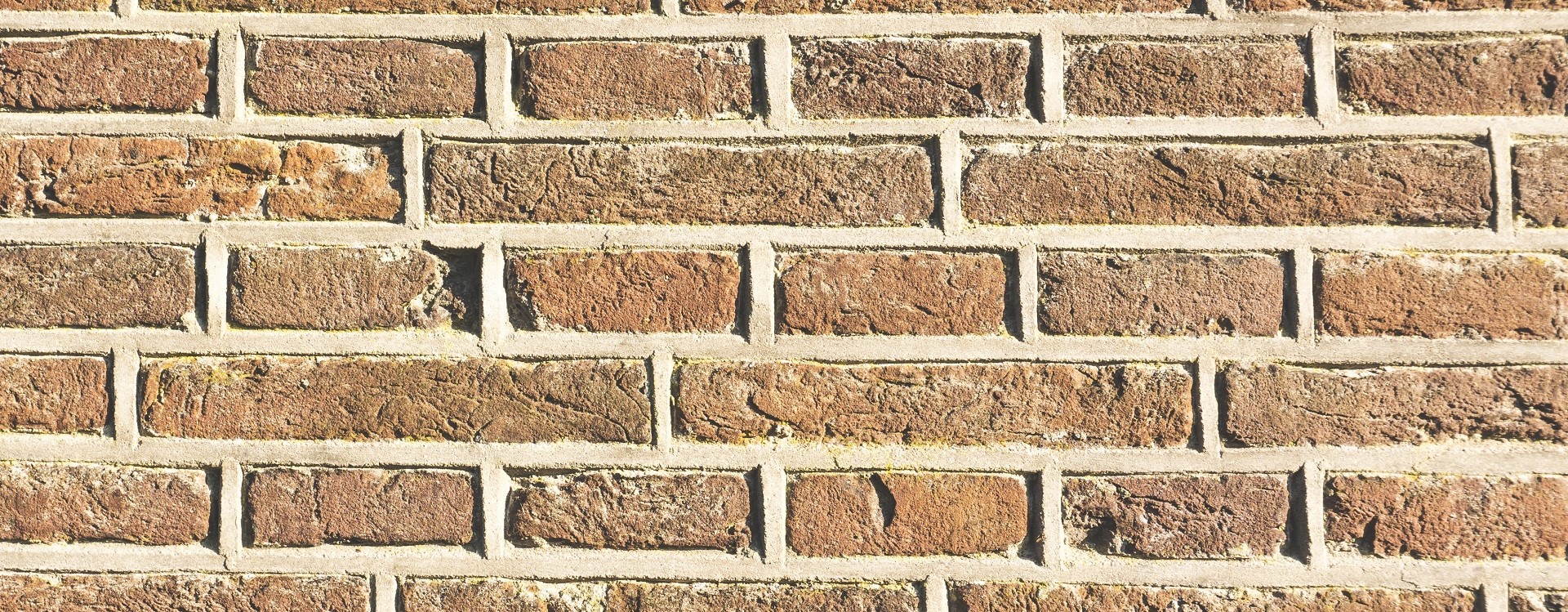What is a Party Wall?
A party wall is a wall that stands on the land of two or more owners. The wall may form part of a building or may not form part of a building such as a garden wall. It may also be a wall that stands on one owner’s land but is used by other owners to separate buildings.
Party Wall Act 1996
The Party Wall Act 1996 provides the framework for preventing and resolving party wall disputes. This act ensures that building owners starting work on a party wall give adjoining owners notice of their intentions. As an adjoining owner, this allows you to have a say in what works are carried out, gives you a chance to agree or disagree to their proposal, and makes sure any work that is carried out does not damage your property.
Why Have I Received a Party Wall Notice?
If you have been served a party wall notice it is because your neighbour wants to undertake work on their property that could affect your property. This work could involve any of the following:
- build on or at the boundary of your property
- carry out work on an existing party wall
- dig below or near the foundation of their property
- build a new wall
- cut into a party wall
- make a party wall taller/shorter/deeper
- remove a chimney from a party wall
- knock down and rebuild a party wall
- build an extension or basement
Before works can be carried out on the party wall, your neighbour, the building owner, will serve you, the adjoining owner, a party wall notice in writing, detailing the planned works that they want to undertake. You should receive this notice at least 2 months before work is due to start so that you can prepare your response.
What Do I Do If I Have Been Served a Party Wall Notice?
If you are handed a party wall notice, you have 14 days to respond with a number of options:
-
Give Consent to the Party Wall Notice
Your first and most straightforward option is to simply give consent for the proposed works to go ahead as planned. You must give your consent in writing that you allow work to continue as agreed. This will most likely be the case if works are minor and not expected to affect your property.
However, you should always hire a party wall surveyor to issue a schedule of condition. This involves a surveyor assessing your property, taking pictures, and noting its condition before works proceed. This will make sure your neighbour is held responsible for any damages that occur to your property and minimise potential disputes later.
-
Refuse Consent & Appoint Agreed Surveyor
Your second option is to refuse consent, which starts a dispute resolution process. If you do not reply to the party wall notice within 14 days, this option will also occur and will be presumed as dissent.
If you and your neighbour cannot agree on the works to be carried out on the party wall, you must appoint an agreed surveyor. You can agree to the surveyor suggested by the building owner, but this surveyor must be one Agreed Surveyor who will work impartially and independently in the best interests of both parties to settle the dispute. It must not be the same surveyor that the homeowner is using for his own works.
The agreed surveyor will draw up a Party Wall Award, which is a legal document that states what work should happen, how and when works are carried out, and who pays for each part. The award details proposed works, looks over plans and makes sure work will not affect your property, and determines what happens if your property is damaged.
The surveyor will also issue a schedule of condition in which they will visit your property and agree a record of the condition before the work commences so any damages can be resolved professionally.
-
Dissent the Notice & Appoint Your Own Surveyor
If you do not wish to use one Agreed Surveyor who acts on behalf of both parties, there is also the option to dissent the notice and appoint your own surveyor whilst your neighbour also appoints their own surveyor. It should be noted that the building owner is responsible for the cost of your surveyor too.
In this instance, your surveyor will carry out the schedule of condition and check that plans will not affect your property, assess how and when works will be carried out, and make any necessary changes to the proposed work. Using this information, both surveyors will produce the party wall award based on the findings from their respective properties.
If these two surveyors cannot agree on a suitable party wall award, the document will be decided by an impartial third surveyor.
If you disagree with the surveyor’s award, both you and your neighbour have 14 days to appeal to the County Court against it.
The dispute resolution process will also start if you don’t respond to the notice within the given time. If you do not respond within 14 days you will receive a follow up notice in which you have 10 days to reply. If this is ignored, your neighbour can instruct a surveyor to act on your behalf. Likewise, if you do not appoint your own surveyor, your neighbour can appoint you one on your behalf.
Party Wall Surveyors
For further advice on party walls, any questions you have about receiving a party wall notice, or to appoint a party wall surveyor, get in touch with Allcott Associates today to resolve your party wall dispute.











